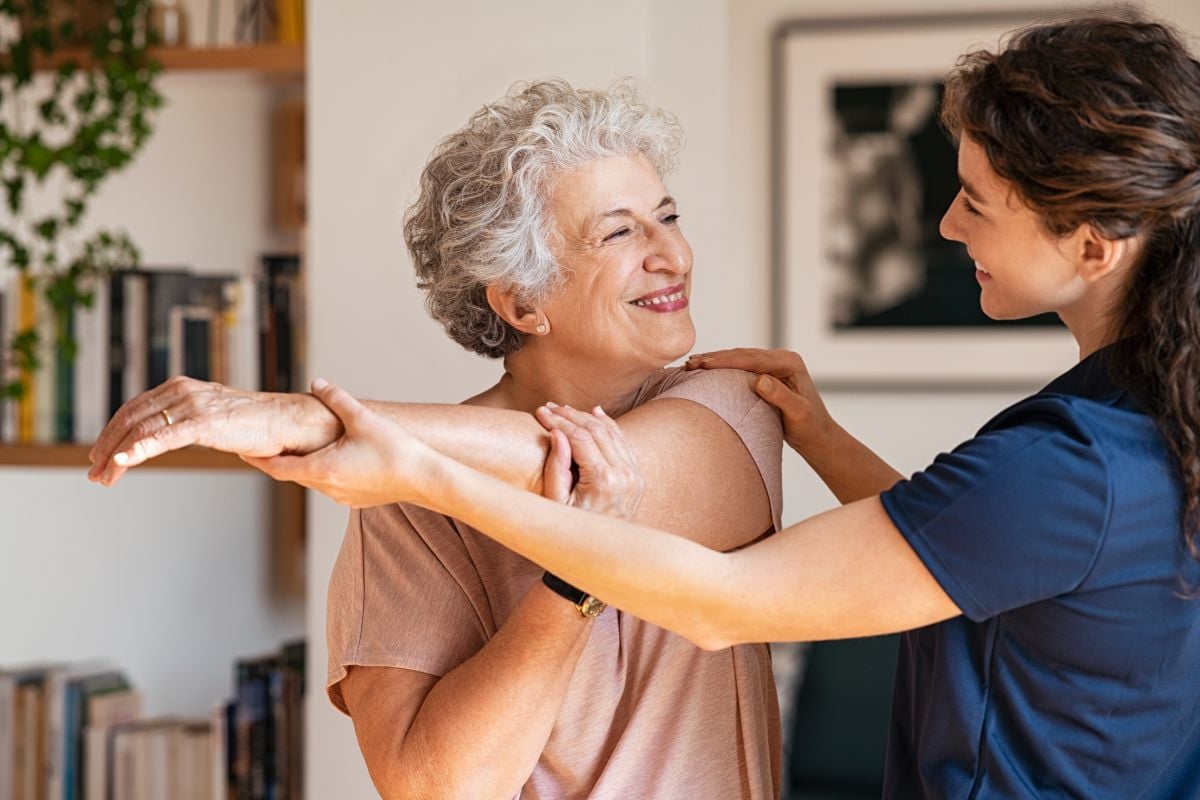Memory Care For Parkinson's: 4 Home Safety Considerations For Your Loved One

When your loved one is living with Parkinson's disease, creating a safe and supportive environment is paramount. As you explore Memory Care for Parkinson's options within retirement communities, understanding specific home safety considerations can make a significant difference in the quality of life for your loved one. This guide explores essential adjustments and considerations to ensure a safer living space for individuals with Parkinson's, especially those who might be exploring or already residing in a retirement community.
Understanding the Challenges
Parkinson's disease presents unique challenges, including impaired balance and coordination, which significantly increase the risk of falls. With between 45% and 68% of individuals diagnosed with Parkinson’s experiencing falls annually, the importance of a carefully tailored living environment cannot be overstated. From lighting enhancements to flooring adjustments, each modification plays a crucial role in promoting safety and independence.
- Lighting Adjustments for Clarity and Safety
Vision problems such as blurry or double vision are common in people with Parkinson’s, complicating navigation through living spaces. Improving lighting is a straightforward yet effective strategy to enhance safety. Incorporating additional light sources, like table and floor lamps, in areas with dim lighting can make a substantial difference.
Additionally, installing LED lights inside kitchen cabinets and along countertops can simplify daily tasks, making these areas more accessible and reducing the risk of accidents.
- Flooring Solutions to Prevent Falls
Mobility issues, such as the Parkinsonian gait characterized by shuffling feet or freezing before stepping, necessitate careful consideration of flooring. Replacing thick carpets with thinner versions or opting for hard flooring can drastically reduce tripping hazards. These changes facilitate easier movement for those who use assistive devices like walkers, contributing to a safer and more accessible living environment.
- Furniture that Supports Independence
Furniture plays a pivotal role in ensuring the safety of your loved one. Items such as lift chair recliners can be invaluable, offering comfort and ease of use for individuals with Parkinson’s. These chairs, equipped with internal motors, assist in sitting down and standing up, which can be particularly challenging as the disease progresses. Selecting the right furniture not only enhances comfort but also significantly reduces the risk of falls.
- Identifying and Mitigating Tripping Hazards
A critical step in creating a safe living space is the elimination of tripping hazards. This includes securing or removing loose carpets, ensuring electrical cords are not stretched across walkways and reevaluating the placement of furniture to prevent obstacles in common paths. Simplifying the living space can greatly diminish the likelihood of falls, making the environment safer for your loved one.
Choosing the Right Retirement Community
If considering a retirement community for your loved one with Parkinson’s, look for one that provides specialized Memory Care services and amenities tailored to their unique needs. Essential factors include:
- Access to Specialists: Ensure the community facilitates access to neurology care and has a connection with imaging centers or hospitals for comprehensive care.
- 24-Hour Support: Availability of professional support around the clock is crucial for addressing immediate needs and ensuring overall safety.
- Experienced Caregivers: Team members with experience and training in Parkinson’s care can offer the necessary support and recognize signs of disease progression.
- Medication Management: Timely medication administration is critical for managing symptoms effectively.
- Personalized Care Plans: Customized care plans accommodate the varying symptoms and progression of Parkinson's disease, ensuring your loved one receives the attention they need.
Creating a safe and nurturing environment for a loved one with Parkinson’s requires thoughtful consideration of their living space and the support they receive. Whether making modifications to their current residence or selecting a retirement community with specialized Memory Care services, these considerations are crucial in enhancing safety, promoting independence and improving the quality of life for individuals with Parkinson's disease.
